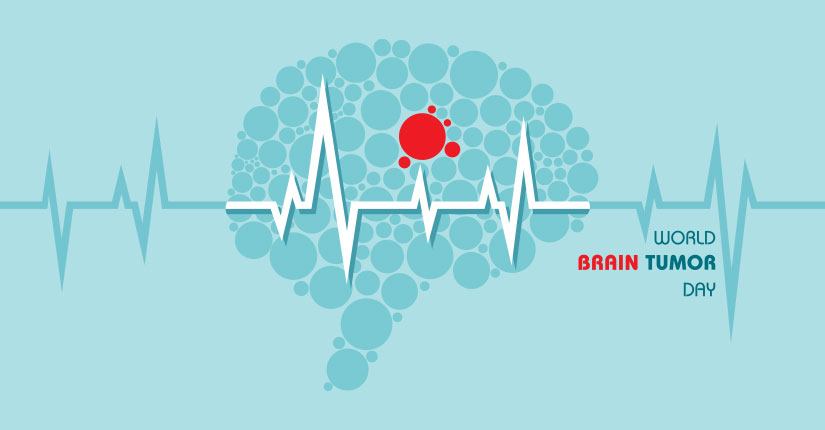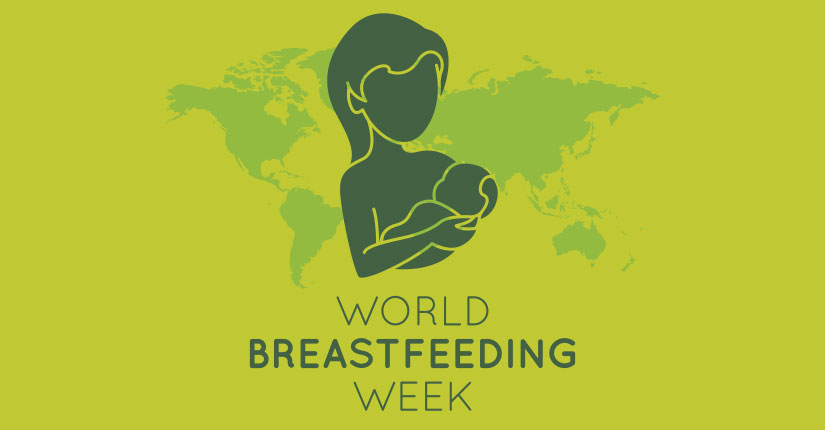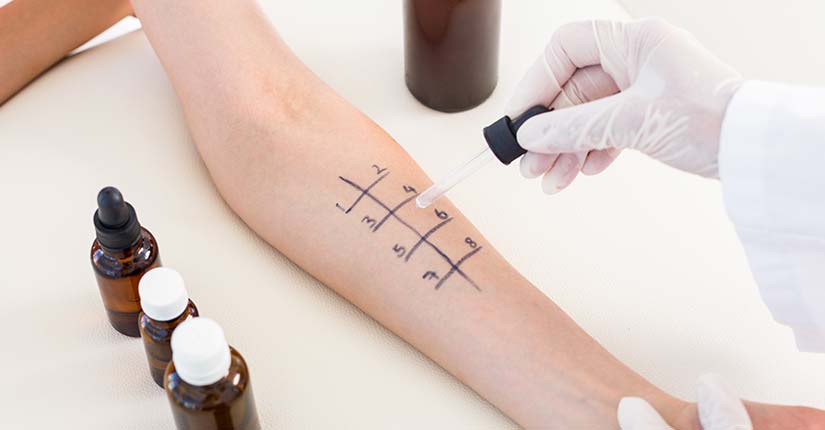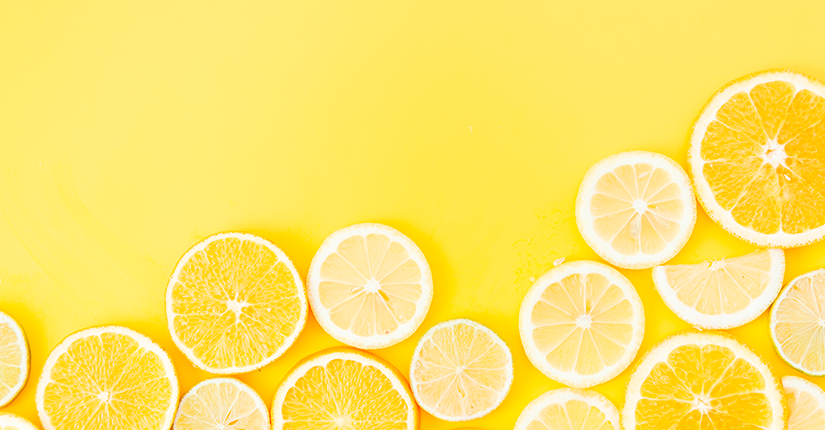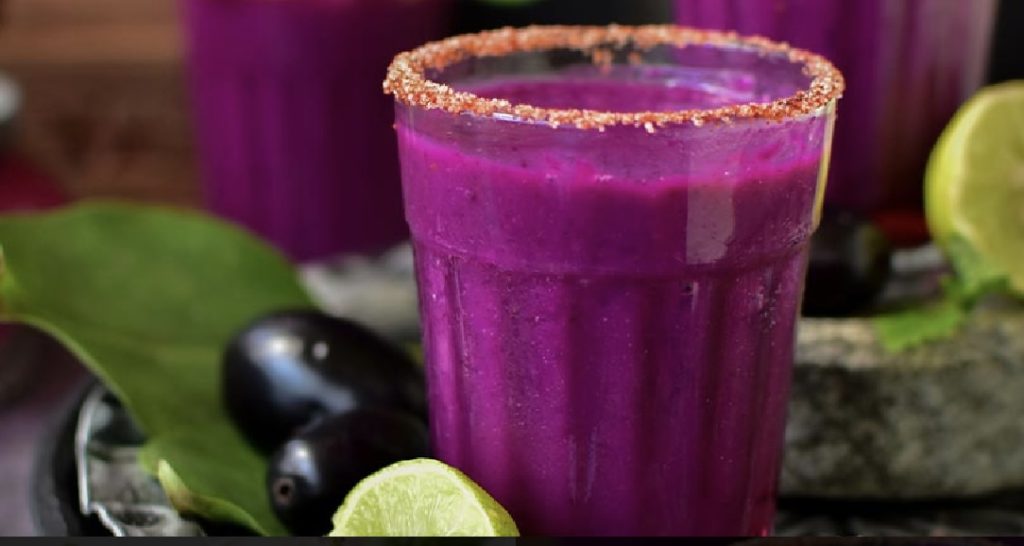World Iodine Deficiency Day- Know the Importance of Iodine in Diet
By Nmami Life Editorial 21-Oct 2020 Reading Time: 5 Mins
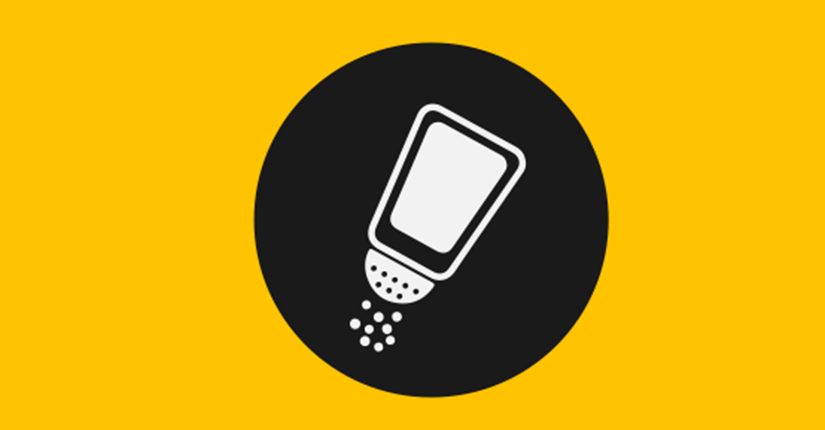
October 21 is celebrated as World Iodine Deficiency Day every year. The objective is to address iodine deficiency among the people and to aware them about the diseases arising out of it.
Iodine is an important micronutrient that is quintessential for the production and uterine development of thyroid hormones. Iodine is majorly found in salt, dairy, seafood and some bread items.
Thyroid functioning is disrupted in iodine-deficient women which have a negative impact on their reproductive health. Iodine deficiency is one of the most common problems with hypothyroidism.
What is iodine?
Iodine is an essential mineral stored in the thyroid gland. It is necessary for the production of thyroid hormones thyroxine (T3) and triiodothyronine (T4). Thyroid hormones affect all cells of the human body; Iodine cells are important for proper growth. Iodine plays an important role in increasing the body’s metabolic rate, in protein metabolism; Regulates bone growth and brain development. Thyroid hormones are closely associated with proteins, fats and carbohydrates in cells.
According to a report, iodine deficiency is a reality in India as India has iodine-deficient soil as compared to the rest of the countries; especially in the North and North Eastern States. As estimation of 350 million people are at high risk of iodine deficiency disorders. To deal with this, iodine was included in the common salt which now reaches about 91% of the households in the country. However, the substantial consumption of iodized salt is only 71%.
How much is important?
Iodine is not formed in our body. We consume iodine through the diet we consume. The amount of iodine recommended for different age groups is as follows:
According to the National Institute of Health, children from 7 months to 5 years need 90 micrograms of iodine, 6 to 12 years children need 120 micrograms of iodine, adults need 150 micrograms of iodine per day. During pregnancy, 220 micrograms of iodine are required daily and a woman who breastfeeds needs 290 micrograms daily.
How to overcome iodine deficiency?
Let’s discuss foods that are rich sources of iodine:
- Vegetables and fruits
Some vegetables and fruits contain a great amount of iodine. Foods like sweet potato, onion, spinach, banana and many more are rich in iodine. One cup strawberry provides about 13grams iodine. In addition, iodine-containing salt helps in eliminating iodine deficiency from your body.
- Dairy Products
Dairy products are rich sources of iodine. A cup of milk provides 59-112% daily recommended amount of iodine. In addition, paneer and curd also have a good amount of iodine.
- Seaweed
Seaweed is a rich source of antioxidants, vitamins and minerals. However, the amount of iodine in seaweed depends on the area in which it is grown and prepared. The most popular seaweed include Kombu Kelp, Vecam and Nori.
- Cod
Cod is a type of fish, a rich source of iodine. Cod also has low calories but provides many minerals, nutrients as well as iodine to the body. However, the amount of iodine in cod depends on whether the fish is parked in the field or caught wild.
- Eggs
Eggs are also a rich source of iodine. In addition, eggs are also a good source of protein, healthy fats, vitamins and minerals. However, most iodine comes from egg yolk.
Over to you :
The goal of Iodine Deficiency Day is to catch the attention of people and make them build a healthy future by adding an adequate amount of iodine in their daily diet.

